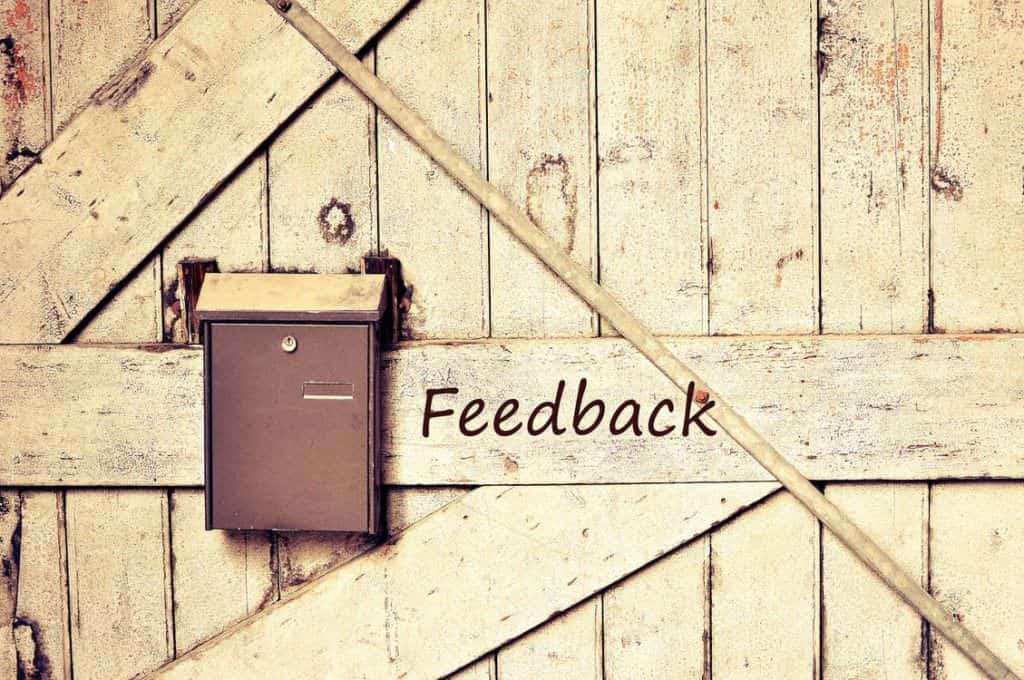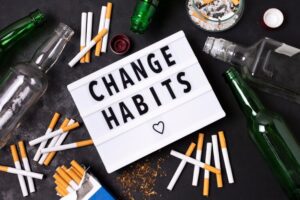One of the most important tools for any society to wield in against its problems is government and policy. When the government reflects the desires of the people and addresses their concerns, it can be a powerful force for change and societal improvement. Many social programs remain popular today and began with citizen action bringing their issues to the representatives to negotiate a solution. The official numbers aren’t quite in yet, but in 2017, there were over 70,000 overdoses, which had already been exceeded by November 2018, with significant rises in drug usage accompanying those deaths.
Politico, a publication dedicated to following and commenting on modern United States politics, recently ran two surveys as part of their coverage for the opioid crisis, which has for several years been addressed by both federal and state representatives as a ‘public health crisis’, which initially sparked their series of coverage. Out of over seven hundred responses, only forty of them were responses to the second survey which addressed the challenges of rehab and recovery. But what they had to say was quite blunt.
“It’s frustrating…like, I need help now. I’m trying not to die right now”, was one of the respondent’s quotes in the article. The author of this response, Mary Early, 32, describes a three month wait to get into [treatment for narcotics addiction] after calling twenty clinics that either didn’t accept her Medicaid or didn’t have room to take her. She was one of the many people who were prescribed opioids as a painkiller and addiction lead her into heroin usage.
The problems didn’t end there, however. When she found treatment, she returned to work to which put her into the position of losing Medicaid that paid for her treatment, but she didn’t have any job benefits nor made enough to cover those costs. She ultimately paid for her own insurance, but the deductible for treatment is so high, she can only afford treatment now and then, despite still being in active recovery portion of therapy.
Others pointed out that a lot of times, people who need treatment get no real autonomy over choosing what options they may have for treatment. Insurers, employers, drug courts and judges end up making that decision for them. One respondent to the survey painted a very disappointing picture of being hospitalized at a detox facility that is supposed to know how to handle detox. After they left the hospital for their withdrawal systems, they went right back to the doctor to get a refill for the drug they were trying to quit that sent them to the hospital for detox in the first place.
As addiction continues to claim more and more Americans, as mental illness and addiction treatment remain ‘special cases’ that exist outside normal healthcare, many more people will end up finding out first hand the huge gaps in the healthcare system that simply exacerbate people’s illness as they struggle with the disease and finding treatment.

Drug addiction and rehabilitation are among one of the most talked about public policies but finding addiction help centers in Seattle only requires calling Northbound Treatment at 855-858-6803.










